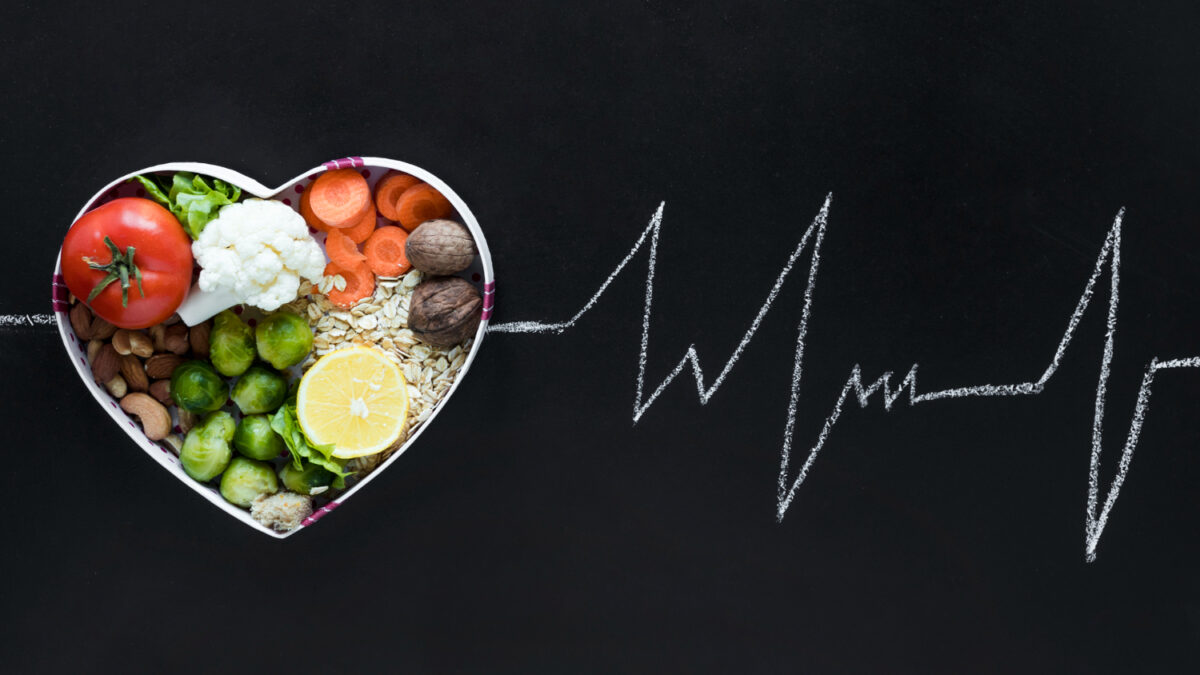Here are the most important points about what oncology nutrition is and how to use it:

Oncological Nutrition
Individualised nutritional support: oncology nutrition is tailored to each patient’s individual needs, taking into account the type of cancer, the treatment received and each person’s specific conditions. A dietician specialising in oncology can assess the patient’s nutritional status and draw up a personalised nutrition plan.
Maintaining a healthy weight: it is essential to maintain an appropriate body weight during cancer treatment. Excessive weight loss or gain can be detrimental. The dietician can help set realistic weight goals and recommend a balanced diet that provides the nutrients needed to maintain optimal nutrition.
Managing the side effects of treatment: oncology nutrition can help manage the common side effects of cancer treatment, such as loss of appetite, nausea and vomiting, diarrhoea and difficulty swallowing. Specific foods and supplements, as well as adjustments to food texture and consistency, may be recommended to relieve these symptoms and ensure adequate nutrient intake.
Specific nutrients and supplementation: specific nutrients can play an important role in oncology nutrition. For example, proteins are essential to help maintain and repair body tissues, while antioxidants may have protective properties against cell damage. In some cases, nutritional supplements may be necessary to ensure an adequate intake of nutrients.
Monitoring and adapting the nutritional plan: As treatment progresses, the patient’s nutritional needs may change. Regular follow-up with the oncology dietitian nutritionist is important to assess the effectiveness of the nutritional plan and make any necessary adjustments. Ongoing support and open communication are essential to ensure adequate nutrition throughout the cancer treatment process.
For all these reasons, nutrition is an additional aspect to consider in the context of oncological disease. Its importance must be emphasised both from the point of view of prevention and throughout the treatment process, whether chemotherapy, surgery, radiotherapy, immunotherapy or hormone therapy.
As this is a complex field, it is always preferable to benefit from personalised support to ensure the best possible nutritional approach.
My services
Book an appointment
I can help you to improve your health and your dietary and nutritional habits. Book your first appointment with me now and let’s get started.



